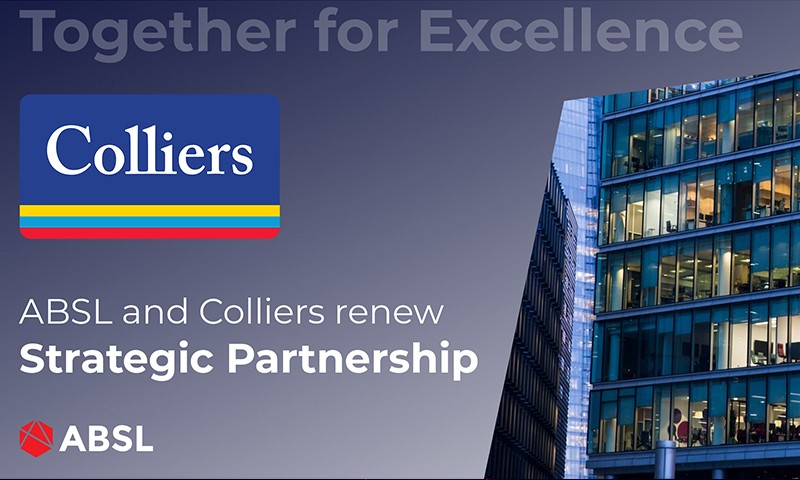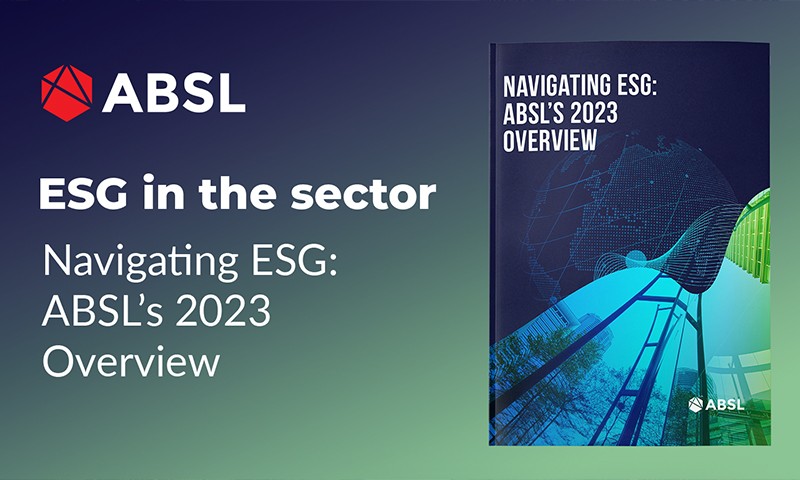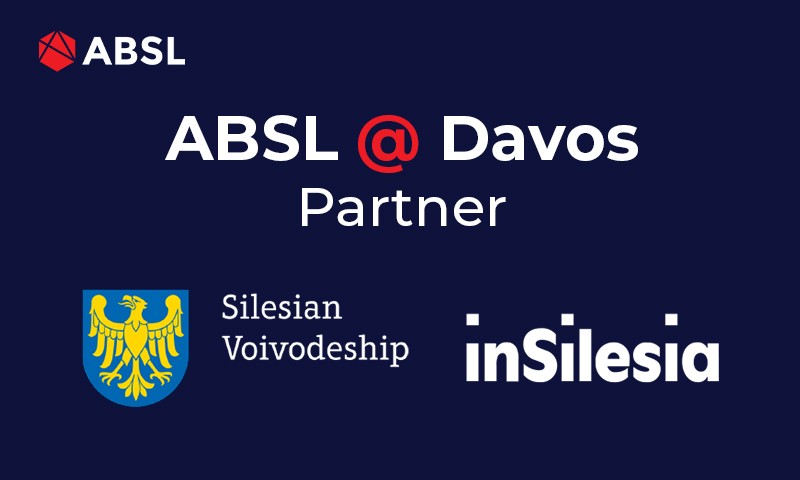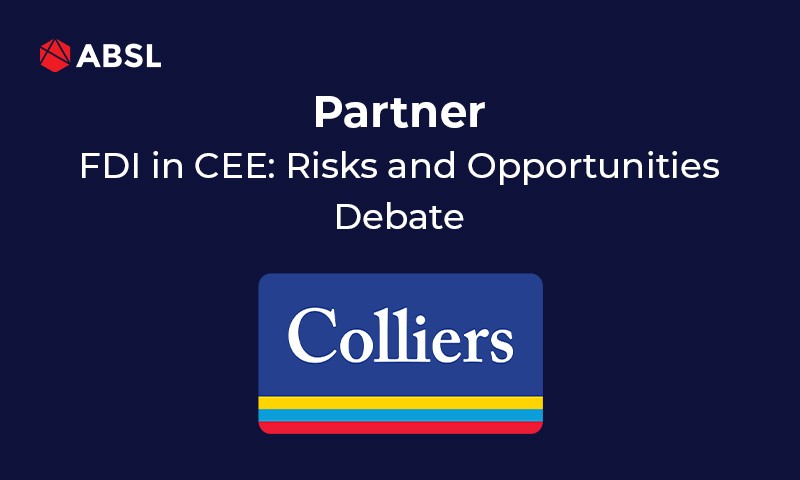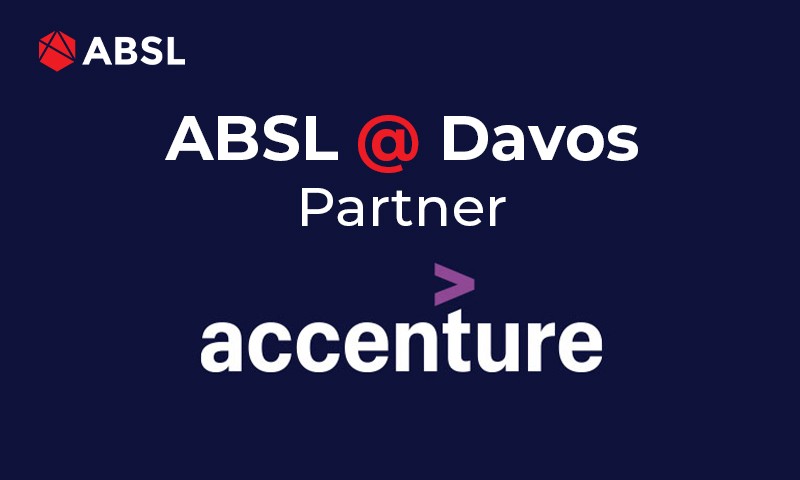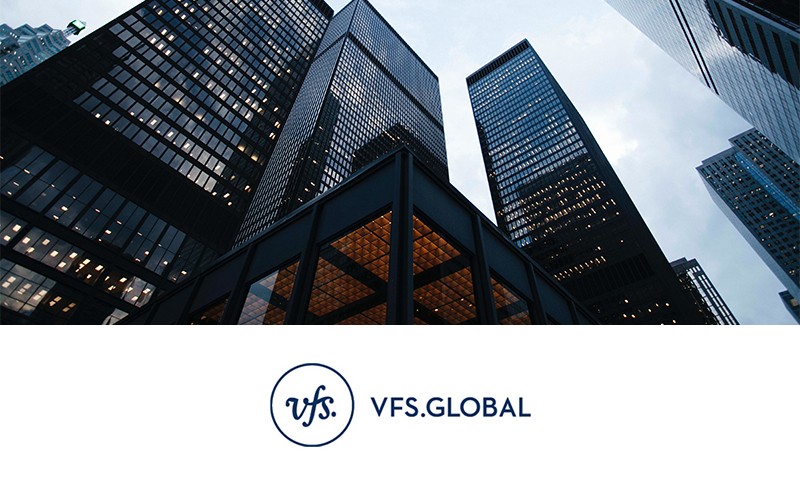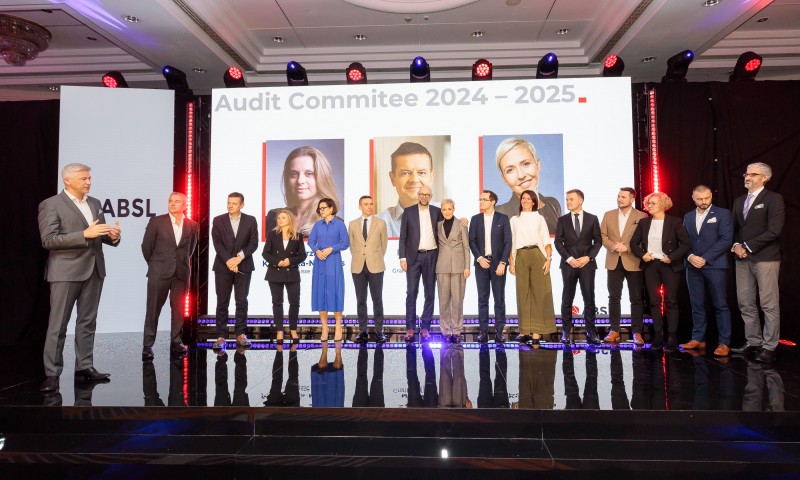Creating safe havens for employees within ESG strategies
A lot has been said and written about empathy and in theory it’s universally recognized an important matter. Unfortunately, in life and in business it is not a universally practiced value. Therefore, it is crucial to remind ourselves why empathy matters and that is key to creating not only more inclusive society but also a more welcoming working environment, that is open and appreciative of various backgrounds and ideas.
BC and AC – a new meaning
While speaking about history, till 2019 most of us would use abbreviations BC and AC in reference to Christian calendar. Over the last two years they have gained a new meaning – Before Covid and After Covid. The outbreak of the pandemic reshaped every single aspect of life – the way we connect with other people, work, travel, meet, learn, do shopping or spend our free time.
It was an unprecedented change for everyone, with some social groups more affected than other in terms of consequences. Usually these were those who had not been enjoying equal rights or treatment before Covid– women, the elderly, individuals with mental and physical disabilities, LGBTQ+ community members and people of color. For example, women suffered more mental disturbances and had more difficulties with combining work and personal life due to additional responsibilities connected with child or elderly care which they took over once the availability of or access to professional social services was limited as part of pandemic restrictions.
Over the last two years social tensions and inequalities continued or – in some instances – were fueled and it seems that there is not a simple cure which could heal the situation immediately. However, we may and even should work on mitigating these tensions by taking real actions. This is the time in history when businesses should demonstrate leadership and work hand-in-hand with governments and communities to create a more diverse, inclusive and empathy-driven society. And there is no better way of doing so than by starting in their own backyard – by creating safe havens for their employees.
Empathy pays off – in every possible way
Over the last two years workers experienced many challenges, such as problems with maintaining work-life balance, a missing sense of community, limited social interactions, isolation, concerns about job security. These experiences resulted in a lot of stress and anxiety, making the need for the sense of security even more important than before.
Employers have worked hard to ensure health and safety of their teams during the pandemic with a number of precautions to stay for good (e.g. UV filters in office buildings, availability of sanitizers, enhanced cleaning in both protocols, contactless access to office space). A lot of effort has been put in physical safety but what became apparent during the pandemic was that psychological safety that is also impacted and needs to be looked after. One of the aspects of ensuring psychological safety is creating an inclusive environment, where everyone feels safe to be themselves. This is beneficial for both sides. It has been proved by various studies (Gartner Research, The Missing Element in Nearly Every Learning Strategy; Gallup, State of American Workforce Report, Zak, Paul J., The Neuroscience of Trust, Harvard Business Review, January 2017) that investing in psychological safety results in reduction of employee turnover, stronger engagement, less stress, better productivity, bigger life satisfaction and more effective collaboration. By giving the employees a sense of security and supporting their mental health, companies create an environment which facilitates innovation and creativity, both of which translate into better commercial outcomes.
From employers’ perspective, diversity should not only be about employing people of various ethnic and racial background, different sexual orientations, genders, religions or ability levels.. It should be also, or perhaps primarily, about recognizing and addressing their individual needs. One of the simplest examples of a variety of needs to be addressed is the preferred way of work. Data from the Future Forum Pulse (January 2022), quarterly survey conducted by Slack, shows that people of color, women, and working moms continue to value flexibility the most. Globally, 52% of women want to work at least mostly remotely compared with 46% of men. If employers ignore these various needs and do not create a convenient environment which addresses them, it may not only lead to losing good employees, but also losing their credibility as sustainable companies.
“When thinking about the social aspects of being a responsible company in line with sustainability or ESG principles, companies tend to think about external communities but where they should start with are their own employees. This is the social group where we can have the biggest impact as employers. Accepting the fact that an employer should serve as a safe haven for an employee, especially in times when the world outside the company is not the most welcoming for various groups, is simply human decency. It’s the right thing to do” – says Karolina Radziszewska, EVP HR at Skanska’s commercial business unit in Central and Eastern Europe.
Creating an open and inclusive workplace – what does it mean in practice?
Companies may vary when it comes to the stage of their respective ESG journeys, but it is key to make sure they’re moving in the right direction, towards greater sustainability, part of which is acting ethically, respectfully and responsibly towards staff members. Therefore, it is worth exchanging good practices as we may all learn from each other and consider implementing similar solutions across the modern business services sector. Let us present three case studies:
J.P. Morgan
J.P. Morgan is a global leader in financial services offering solutions to corporations, governments and institutions. In Poland it operates a global business services hub. The company has a global Diversity, Equity and Inclusion (DEI) strategy with activities supporting various groups of employees all across its footprint.
The company is very active when it comes to supporting the creation and activity of employee resource groups or networks which operate in every country where J.P. Morgan operates. The aim is to connect employees across geographies and make them feel included. These groups (called Business Resource Groups according to the company’s DEI terminology) focus on women, individuals with disabilities, members of the LGBTQ+, young people who are entering the labor market, families, ethnical communities (US), veterans (US) or sustainability. The company also enables creating local, activity-focused networks, such as a sailing club in Warsaw which unites fans of water.
“Our aim is to sustain and maintain a place where employees can be their true selves. That’s why we’ve been developing our networks which give employees sense of purpose, equity, and belonging and foster inclusive society – inside and outside the organization. People among our internal communities connect, have fun, share knowledge, discuss, and participate in various activities. It all has a great impact on business as these networks boost creativity and engagement” – says Łukasz D. Nowak, Co-Lead of Diversity, Equity & Inclusion in Poland, Executive Director, Corporate Finance, J.P. Morgan.
Apart from supporting the activity of networks, the company focuses on providing the best possible development conditions for employees and supporting their career growth. It starts with global mobility which enables gaining international experience that broadens horizons, followed by mentoring for women and men, as well as creating open opportunities for leadership roles (also for the younger generation).
NatWest Group
NatWest Group is the largest business and commercial bank in the UK, with a leading retail business. In Poland, it operates a global business services hub, famous market-wide for their diversity and inclusion activities.
“In NatWest we strongly believe that growth and profit should be oriented on helping solving problems. That’s why we use our sources to address world’s challenges one of which is open and equal society. Diversity and inclusion is not about particular project. It’s something that we consider in everything we do and in every business decision we take” – says Rafał Dembe, Co-Chair of Rainbow Network, FP&A Manager, NatWest Group in Poland.
The company undertakes various initiatives towards supporting diversity and inclusivity among employees. It is reflected in simple, yet not obvious things such as providing gender neutral toilets and offering psychological counseling for LGBTQ+ employees, who are more likely to suffer depression caused by – among others – marginalization in the broader society. The company also recognizes needs of same sex couples, offering medical care for partners.
One of the key external initiatives conducted by NatWest in Poland is LGBT+ Diamond Awards. The company organizes and sponsors this event to recognize individuals and organizations that make a real change for LGBT+ employees in Poland. This event is a great opportunity for business community in Poland to unite efforts and act towards creating a more inclusive society. The initiative’s highlight is an awards program and ceremony but it’s not limited to the celebratory elements only. It includes webinars and publications to educate the corporate world about creating safe havens for LGBTQ+ community and share best practices to inspire others.
Skanska
Skanska is a leading project development and construction company, active in Europe and USA. For years the company has been acting towards creating more sustainable places in line with ESG principles.
Physical and psychological safety is closely aligned with one of Skanska’s core values (Care for life) therefore providing a diverse and inclusive workplace is among the company’s top priorities. One way of doing so is ensuring proper representation of genders across the organizational chart. When it comes to Skanska office development business unit in CEE, there is a 50-50 representation in Senior Leadership Team with female CEO and CFO. The company tries to keep 60-40 proportions (in both ways) on business unit level, paying particular attention to balancing out gender proportions in the fields of engineering and finance, which are traditionally male dominated professions. The company also monitors closely and acts on gender gap to provide the best conditions regardless of gender. When it comes to supporting parental needs, male employees are granted two additional weeks of paternal leave, which is still not standard in the market.
The company established SWAG – Senior Women Advisory Group, which makes sure that ensures diversity agenda is considered in every decision that is taken. The company also provides mentoring and coaching as well as sponsors and contributes to various external initiatives dedicated to women (e.g. awards and mentoring programs).
“At Skanska we support women in their personal and professional development. The fact that we have been recognized by Forbes as being among the world’s top companies in this regard inspires us to further pursue our efforts directed at providing a workplace based on respect and equality, where everyone feels safe to be truly themselves” – says Karolina Radziszewska, EVP HR at Skanska office business unit in CEE.
The above text was prepared on the basis of a webinar on organised by Skanska in cooperation with ABSL Poland members on 10 May 2022.
